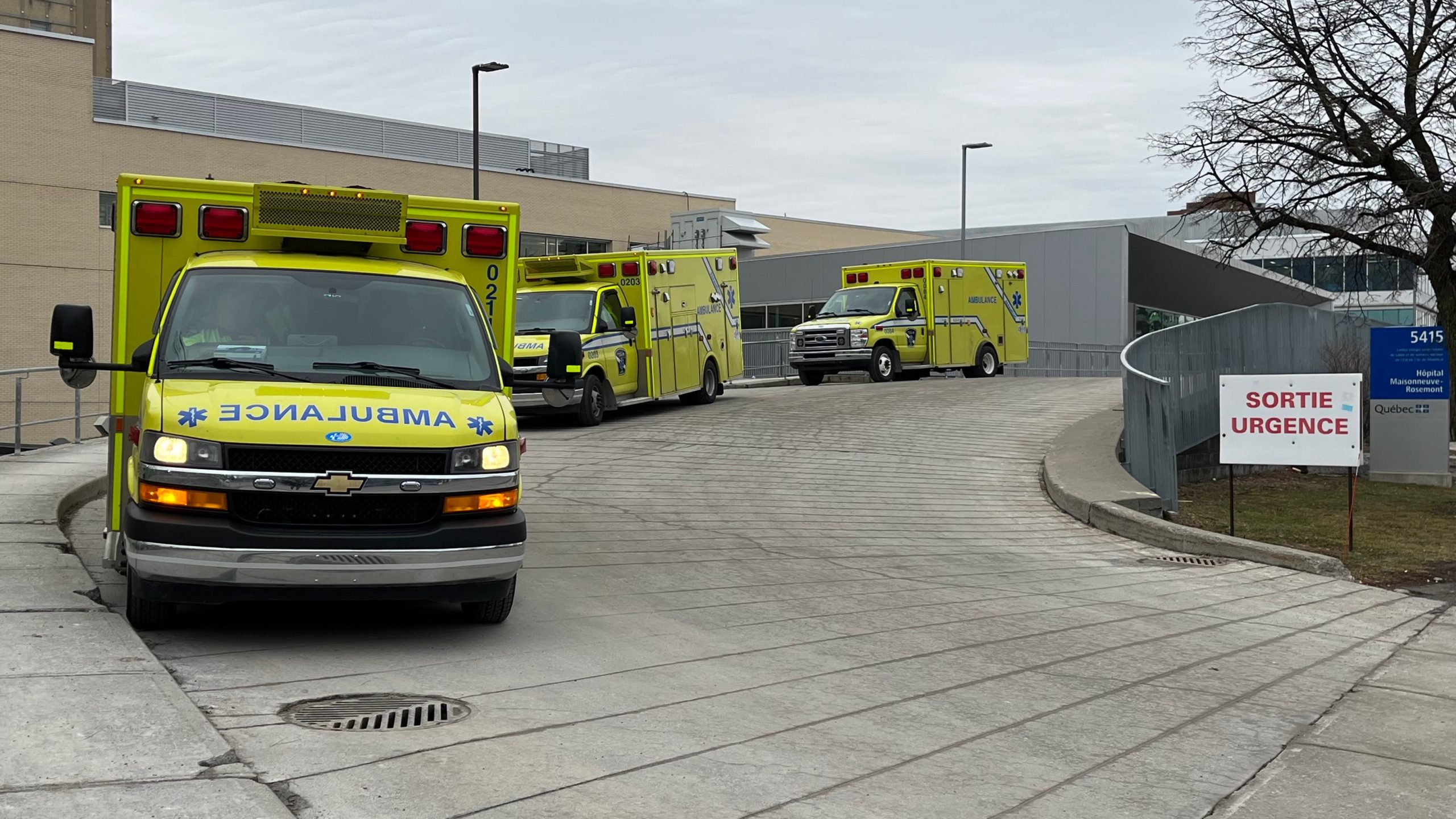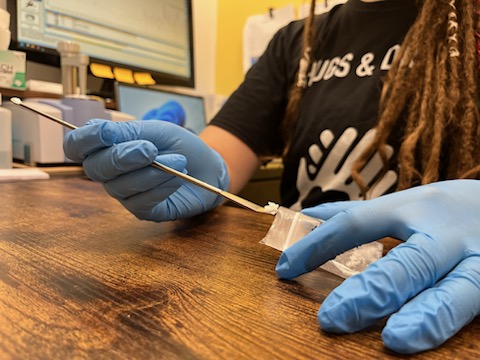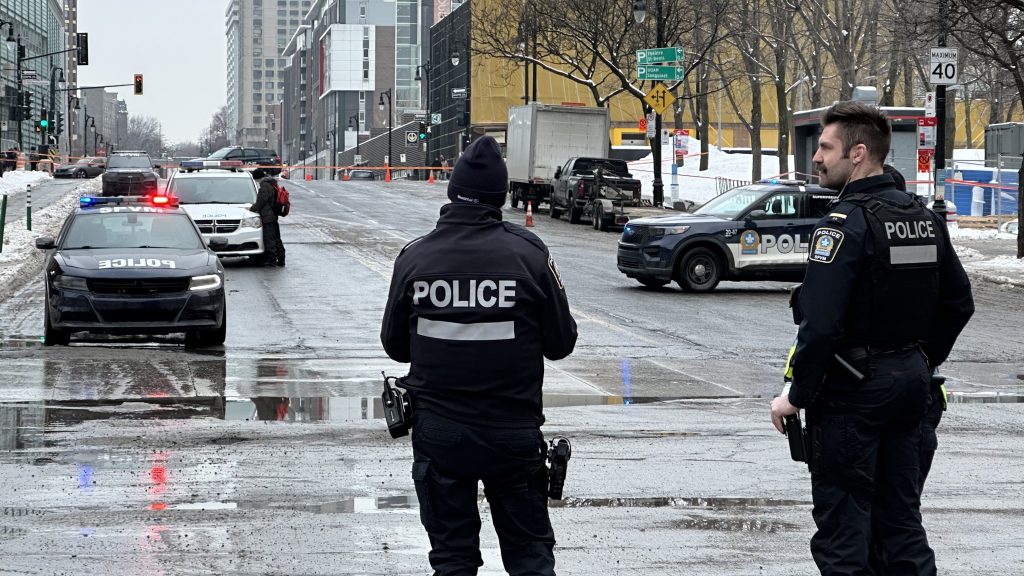Montreal emergency rooms could remain overcrowded well into 2023, warn health professionals

Posted January 3, 2023 1:50 pm.
Last Updated January 3, 2023 6:17 pm.
Quebec’s emergency rooms continue to be pushed beyond their limits, with occupancy rates in Montreal well over 100 per cent.
“This is a chronic problem,” said epidemiologist and cardiologist Dr. Christopher Labos. “It definitely got worse during COVID. And unless we have a renewed and sustained investment in the health-care system, it’s not going to get better in the short term.”
On Tuesday morning – by 9:30 a.m. – occupancy rates at Montreal emergency rooms were on average at 132 per cent.
- Centre hospitalier de l’Université de Montréal (CHUM): 135 per cent
- Royal Victoria Hospital: 145 per cent
- Montreal General: 168 per cent
- Maisonneuve Rosemont: 152 per cent
- Verdun Hospital: 169 per cent
- Lakeshore Hospital: 210 per cent
“The problem is that emergency rooms can only handle so many people per day,” said Labos. “And there’s just more of them. There’s just a lot of people getting sick. So even though the trend is down going, the total number, absolute number of people getting sick is still quite high.”
It’s a worrying trend for health-care professionals, who warn this could continue well into 2023.
“You’ll start seeing more cracks,” said Naveed Hussain, an MUHC nurse. “You’ll start seeing people who are suffering more. And I’m talking about patients and workers.”
While COVID-19, influenza and RSV cases have shown a downward trend in the province, Labos says patients with respiratory viruses are still high. Making matters worse: ERs have added backlogs of individuals who could not get treatment at the height of COVID.
“Getting tests for heart disease and cancer were, you know, harder,” he said.
“And the problem with not getting routine tests done in a timely manner is that when people are actually sick, if you can’t diagnose them quickly enough, what happens, well they end up in the emergency room.”
RELATED:
- Montreal hospitals developing artificial intelligence system to reduce ER wait times
- Urgences-santé: call 811 for non-urgent health concerns
- Union warns of ‘catastrophic’ breakdown in services at emergency call centres
- Hospital project provides hot meals to vulnerable patients
Both Labos and Hussain are encouraging individuals to call Info-Santé at 8-1-1 for non-emergencies to lighten the load on emergency rooms. But they are still urging people to go to emergency rooms in urgent cases.
“A lot of people, for understandable reasons, say ‘well, I don’t want to go to the hospital because of everything I’m seeing,’” said Labos. “And that makes them stay at home for longer than they should and potentially get worse and suffer more long-term problems because they didn’t seek care in a timely fashion.”
“We’ve run out of time,” added Hussain. “We are at a point in our history as Quebecers and Canadians where we need to decide what our priorities are with regard to health care.”
Hussain wants governments to do more to improve the province’s health-care systems before it’s too late.
“We have governments right now who are planning short term only in the present and not looking towards the future and not seeing how we are going to be even in a greater deficit in the coming years if we don’t make sustainable and incredible changes to our health-care system,” he said.









